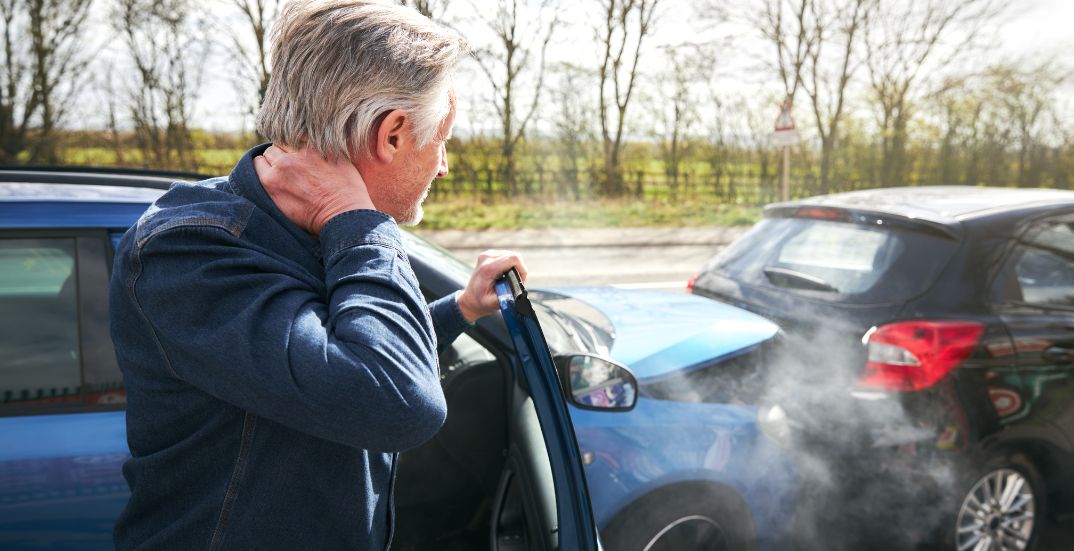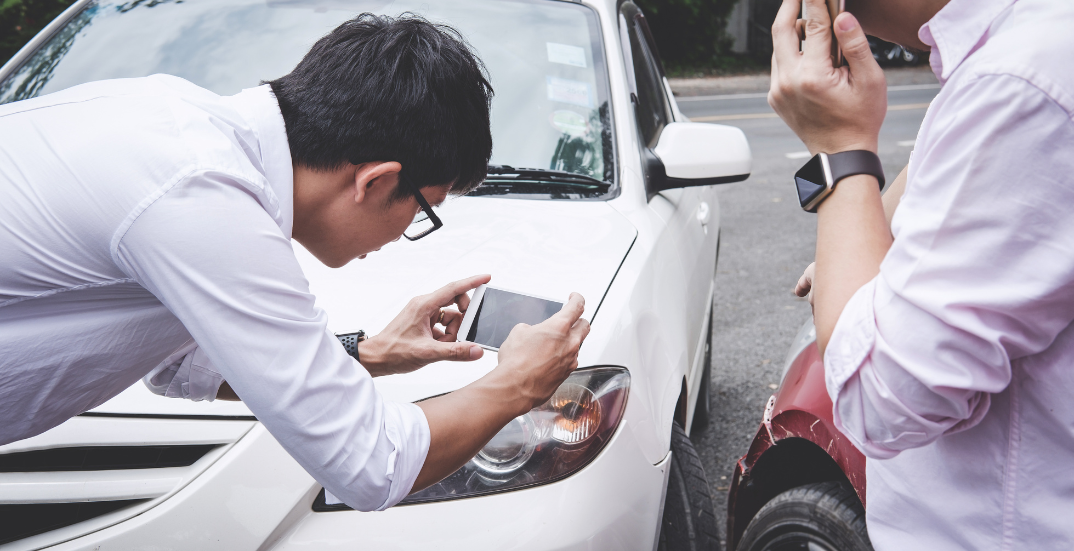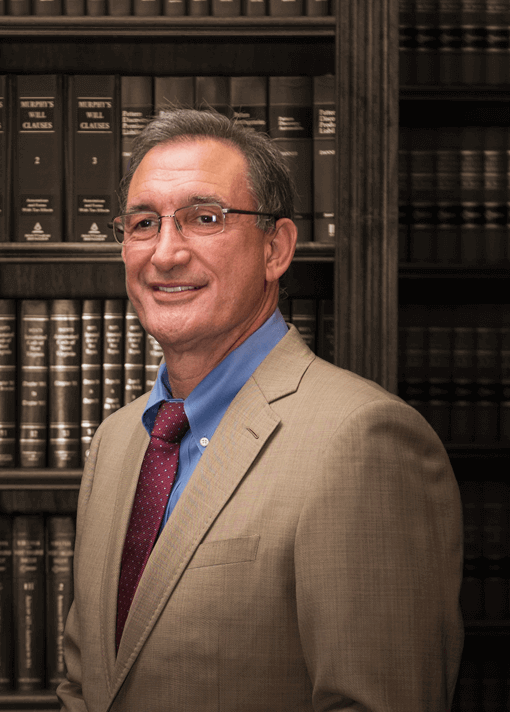
Navigating post-accident insurance negotiations can be challenging. Even the slightest mistake could cause an accident victim to receive less financial compensation. Find out why negotiating directly with insurance companies can be problematic and how to avoid the most common mistakes accident victims make.
Common Mistakes After an Accident
| Mistake | Impact on Claim |
| Apologizing to the insurance company | May be seen as an admission of fault |
| Exaggerating or being dishonest | Could lead to a lower payout or rejection |
| Giving a statement to the at-fault driver’s insurer | May be assigned partial blame |
| Not hiring a lawyer | Victims may not secure fair compensation |
Negotiation Tips
| Tip | Benefit |
| Understand the insurance company | Protect the victim’s interests |
| Initiate the claim as soon as possible | Preserve crucial evidence |
| Never admit fault for the accident | Avoid liability |
| Stick to the facts; never speculate | Prevent misuse of the victim’s statements |
| Know the rough value of the claim | Ensure a fair settlement |
| Be patient; do not accept the first offer | Pursue full compensation |
| Get everything in writing | Clarify terms and protect rights |
Why should I avoid negotiating directly with insurance companies after an accident?
Negotiating directly with insurance companies can be risky. Insurance companies aren’t on the claimant’s side, and they may employ tactics to reduce the value of the settlement. Hiring an experienced attorney who can protect accident victims’ rights and secure fair compensation on their behalf is advisable.
Handling an automobile accident can be very difficult. Victims injured through someone else’s negligence are legally entitled to financial compensation to make them whole.
Nevertheless, large insurance providers frequently refuse to pay claims or to pay the full amount the victim deserves.
Accident victims often try to handle the claims process without professional help. While independence is admirable, negotiating a settlement alone may not be in an accident victim’s best interests. Getting the full compensation for a car accident claim requires more than a proactive approach and assertive communication. This isn’t just any negotiation. It’s a legal matter, and the stakes are high: the accident victim’s financial well-being, now and in the future.
Injured victims shouldn’t negotiate directly with insurance companies because they often don’t fully understand their legal rights or the insurance company’s role (it isn’t to pay claims). Being aware of the tactics insurance companies use to minimize claim payouts might mean the difference between accepting a settlement too low to compensate the victim and obtaining what is rightfully theirs entirely. Even a policyholder’s insurance provider may use these strategies to reduce the amount they must pay for the claimant’s benefit.
When a claimant is bargaining with an insurance carrier to resolve an accident injury claim, professional legal representation puts the victim in a better position to pursue the full amount of compensation they’re entitled to. We navigate the challenging accident settlement procedure to help victims recover compensation for their injuries.
The seemingly friendly insurance adjusters victims speak to after accidents aren’t just making small talk or being nice. They’re actually using cunning conversational strategies to get claimants to say or acknowledge anything that will make it harder for them to collect benefits under the insurance policy.
The bottom line for insurance firms is always profits. That means paying out as little as possible in claims. Whether insurers accomplish this goal through doublespeak, bad faith insurance practices, or policy misinterpretations, they are good at holding onto money at the expense of the claimants who need it.
Because they don’t fully understand their legal rights and the tactics insurers use to deny or decrease claims, injured victims might not even realize that they are being duped out of compensation that could help them make life after an accident easier.
A mistake doesn’t have to be big or dramatic to affect the compensation of the victim’s insurance claim significantly. Even small, seemingly harmless statements can impact the outcome of a case.
Whether they aren’t familiar with the claims process and how insurance companies operate or because they’re preoccupied with their injuries, property damage, and the stress of an accident, victims often make mistakes. The following are some of the most common mistakes accident victims in West Virginia make.

Fault is a significant factor in securing compensation for an accident. Apologizing to the insurance adjuster for the accident or the inconvenience of bringing a claim may allow the insurer to blame the victim for the accident.
It may seem obvious that the injured victim was not at fault, but insurance companies looking for ways to decrease claim payouts could take such an apology out of context and spin it to seem like an admission of guilt. Insurers are safeguarding their profits when they avoid paying claims or pay disproportionately small settlement amounts through these tactics.
Insurance companies aren’t above attempting to place blame for an auto accident on the injured victim. An apology can help them try to shift the blame for a crash, even when the victim didn’t cause the accident.
Sometimes, engaging with an insurance adjuster may lead to injured accident victims apologizing even when they didn’t intend to. Insurance adjusters may ask leading questions about whether the victim feels bad about or guilty about the accident, and an apology may seem like a reasonable response to their inquiry.
However, if the victim follows the insurance adjuster’s script and social cues, the insurer could use their apology to dispute fault for the accident. The insurer may attempt to blame the victim based on their apology for the crash. Even if it’s clear that the victim wasn’t the one to blame, insurers could seek to deny or diminish the value of their claim on the grounds of contributory negligence. In other words, the insurer could claim that the victim is partially at fault for the accident.
Apologizing might significantly affect a claim for reimbursement. Depending on the proportion of fault assigned to them, the victim may end up with a greatly reduced settlement or receive nothing if found to be 50% or more at fault.
To avoid this mistake, accident victims should avoid apologizing or admitting fault or guilt to the insurer, first responders, others involved in the accident, and witnesses. Suppose an insurance adjuster asks questions about fault or guilt or tries to manipulate the victim into feeling bad or apologizing. In that case, the victim can opt not to respond to such questions.
After a vehicle accident, the insurance company conducts exhaustive investigations to determine who was at fault. Part of this process is thoroughly reviewing information like the following:
If this investigation reveals any lies, exaggerations, or inconsistencies in the victim’s complaint, the insurance company will take a closer look. The insurance company isn’t just looking to protect itself financially from full-blown insurance fraud. It will also take advantage of any hint of exaggeration or inconsistency to decrease or deny claims of legitimately hurt victims.
While accident victims shouldn’t downplay their injuries or the accident’s impact on their lives, they must also refrain from exaggerating. Doing otherwise could undermine their claim.
It can be difficult to view one’s own injuries objectively, but accident victims who are communicating directly with insurance representatives can’t inflate the severity of their injuries. Whether on purpose or not, exaggerating one’s injuries could give the insurer more power in settlement negotiations or even result in a judgment against the victim if the case goes to court. The result may range from a lower payout to an outright claim denial.
After an accident, anticipate in-depth inquiries from the various insurance companies involved about the situation. Particularly problematic are efforts from the at-fault driver’s insurance company representatives to get a statement from the victim.

Similar to apologies, statements a victim makes to the at-fault driver’s insurer could be taken out of context and used to blame the victim for the crash. An insurance adjuster may pose unreasonable, challenging questions to trick the victim into saying something that could be used to undermine their claim for damages. Then, the insurer can assign a portion of the fault for the accident to the victim and reduce their compensation accordingly.
Saying the wrong thing in a statement to the at-fault driver’s insurance company can hurt an accident victim’s claim, but refusing to provide such a statement will not. Instead, victims should speak to a knowledgeable lawyer to help them navigate the accident claims process before making any statements to the at-fault driver’s insurance provider.
Without legal counsel, victims of auto accidents are easy pickings for insurance companies looking to boost their bottom lines at the expense of the injured. Although accident victims in West Virginia aren’t legally required to have a lawyer guide them through the claims process, professional legal counsel provides considerable value to a legal claim.
Personal injury attorneys like the team at Manchin Injury Law Group are well-versed in handling accident claims. They know how to negotiate with insurance providers and what strategies can help secure fair pay for their clients.
Hiring an experienced attorney doesn’t have to be costly. The Manchin Injury Law Group offers a free initial consultation and represents clients on a contingency fee basis. This means accident victims can hire legal representation without paying attorneys’ fees unless their counsel successfully gets them a settlement or court award.
The only way to ensure a settlement offer fully compensates the victim is to understand the full scope of their losses. Personal injury attorneys can identify and document all such losses, including:
By outlining all of the victim’s losses and backing these claims with evidence, a personal injury attorney can help secure the highest possible settlement for their client.
Tips for Successful Negotiations With the Insurance Company
Beyond consulting an attorney, the following steps can help make settlement negotiations productive.
An accident victim shouldn’t rely on an insurance adjuster to help them through the claims process, no matter how friendly they may seem. In an accident claim, the insurance company is not on the victim’s side. In fact, any insurance company involved in the claim is the opposing party because its goal is to pay the victim as little as possible.
The sooner an accident victim initiates a claim, the better. Collecting evidence promptly allows for robust documentation supporting the claim, resulting in a higher payout.
Consulting an attorney, formally filing a claim, and gathering evidence as soon as possible can safeguard a victim’s legal rights and protect their chances of getting compensation following an accident.
An insurance adjuster may try to assign some of the blame for an accident to the victim or manipulate them into apologizing or admitting fault. Still, the victim should refrain from doing so.
It is not the victim’s responsibility to determine who caused the collision. An attorney must conduct a detailed investigation and determine who is at fault.
If an accident victim must speak to the insurance company directly, they should focus on the facts of the case. Injured victims should never speculate about the accident, the severity of their injuries, or their road to recovery in discussions with an insurance adjuster.
As with other statements, the adjuster can turn these speculative statements against the victim to decrease the claim’s value.
Accident victims cannot determine whether a settlement offer is reasonable without at least a rough idea of the value of their claim. Insurance adjusters know this and often take advantage of victims’ lack of knowledge about what their claim is really worth.
Never accept an insurance settlement offer that seems low. Victims can run their best offer by an experienced accident attorney during a free consultation if in doubt.
Rarely do insurance firms make their highest offer right away. Instead, victims should speak to a knowledgeable lawyer who can help them navigate the accident claims process before making any statements to the at-fault driver’s insurance provider. In fact, the first offer may be absurdly low to trick the victim into thinking their claim isn’t worth much money.
To avoid any misunderstandings or deception, accident victims should get all pertinent information in writing.
Personal injury attorneys have the expertise to navigate complex insurance negotiations. They prevent accident victims from making costly mistakes that could reduce the value of their claims and pursue the financial compensation their clients deserve.
Accident victims must avoid these common mistakes to negotiate a personal injury accident settlement with the insurance company. Remembering key negotiation tips can help victims get more favorable payouts. Seeking professional legal advice gives victims the tools to pursue the full compensation they’re entitled to.
The experienced attorneys at Manchin Injury Law are ready to protect your legal rights and secure the compensation you deserve. Contact us today for assistance in your insurance settlement negotiations.

Member at Manchin Injury Law Group
Practice Areas: Personal Injury Law, Medical Negligence, Automobile Accidents, Business Law

Attorney Timothy Manchin established the Manchin Injury Law Group in 2011 after his law partner of more than 25 years became a West Virginia circuit court judge. His focus is on helping individual clients and entire families victimized by negligent acts.
We offer a free initial consultation at our office in the Manchin Professional Building — our home since 1983 — conveniently located in Fairmont.
If you are unable to visit our firm, we can come to your home or hospital room.
Fill out the form below to get in touch!